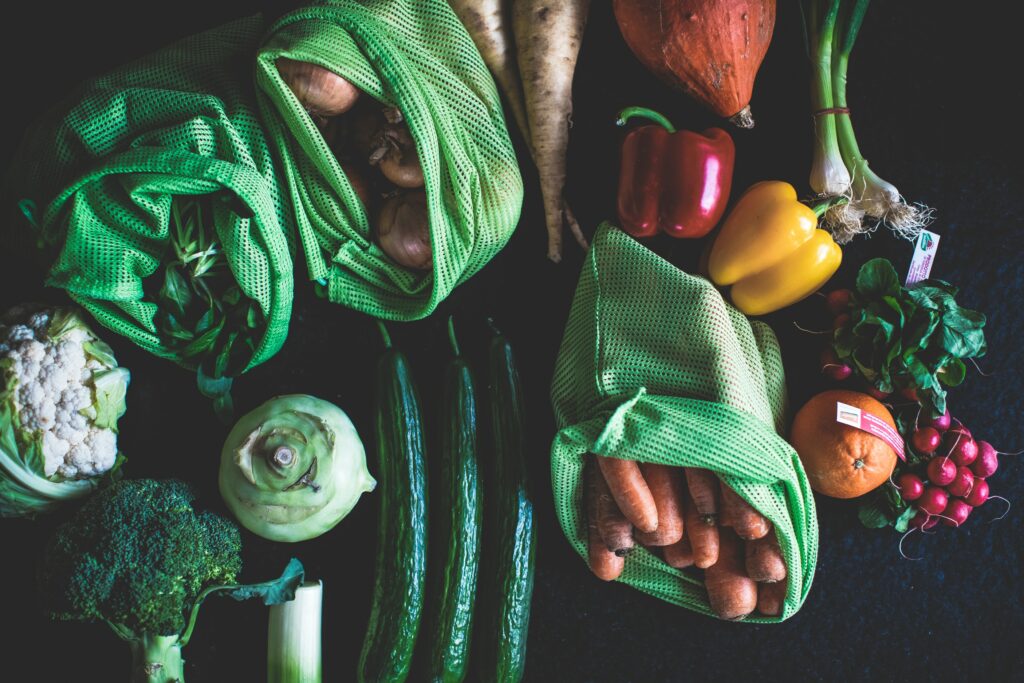Food waste – the leftovers that were never eaten
Many of us – if not all – have been in the unfortunate situation of throwing food away that has been given to us, knowing from the start that we would not eat it. In fact, what we usually do is push it to the back of the fridge, behind other food, or purposely leave it at the front so it is clearly visible – but still rejected. And so, the food that uses energy to be produced ends up in the rubbish bin.
It sounds simple and common enough, but the numbers that relate to food waste are worthy of our careful consideration:
• 735 million people on earth suffer from hunger or malnutrition
• In Europe, food waste throughout the production chain up to the consumer amounts to 20% (with some small differences per country)
• In America 30-40% of food is thrown away each year (corresponding to a value of 161 billion dollars)
• Almost 570 million tons of food are wasted by households every year worldwide. That is, each of us, on average, wastes about 74 kg of food every year.
• At Christmas in Britain, 2 million turkeys are thrown every year.
• In Greece, according to research by the Harokopio University, each citizen creates almost 90 kg of food waste per year, of which 40 kg is edible. This food waste costs every Greek household between 800 and 1,000 euros per year.
The numbers are relentless, and so is the climate change we see and experience every day. It is time to review our daily habits and learn proper ways of sourcing and storing food, because the issue is not only the waste of food, but also all the energy, water, labor, fertilizers, land that were needed to produce it.

So what does the Food and Agriculture Organization of the United Nations (FAO) suggest? Here is a useful to-do list for you to use:
10+1 tips for reducing food waste at home
1. Create a mini inventory of your cupboard and fridge before you go shopping.
2. Calculate exactly how much food you will need and cook accordingly. Adjust your recipes accordingly.
3. Find recipes to make something new/different from leftovers (e.g. apples can be made into jam).
4. Keep your fridge organized so that food is not lost, forgotten and spoiled.
5. Store vegetables first in paper and then in plastic packaging, tomatoes and bananas on the counter, potatoes and onions in a cool and shady place.
6. Choose locally produced food over imported, as smaller supply chains are likely to have less food loss.
7. Also, buy ugly or oddly shaped foods (not rotten ones!) because those are the ones that usually end up in the trash.
8. Collect bio-waste for composting (Attention! Coming soon to the city of Heraklion!)
9. Eat healthy by following simple recipes, avoiding deli foods that you will use once and then throw away.
10. Share the larger portions at the restaurant with your loved ones and take any leftovers home!
And one more important tip: don’t go shopping when you’re hungry, make a list in advance and stick to it.
These small but important actions by each of us can collectively have a powerful impact on reducing food waste.
Become a responsible consumer.
Be the change.


